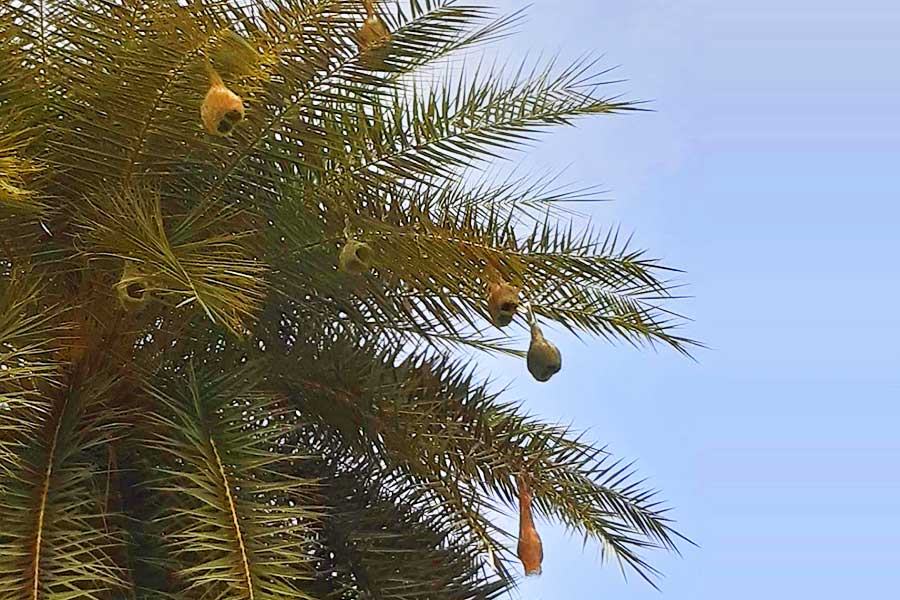Observing a tiny seed sprouting and growing into a plant that provides food is an amazing experience at any age, more so in an urban setup where it doesn’t seem to be part of our daily living. Watching a cormorant drying its wings by the lake side, a squirrel running up and down the tree nibbling on a nut, the smell of the earth when fresh rain falls on dry land, the breathtaking formations of birds in flight: We have a lot to admire and care for, even in urban living.
Dr. Montessori spoke about man in correlation with the environment and his adaptation to it. All of nature works according to a harmonious plan and everything that exists contributes to the survival of everything else. She observed children and stated that children are attracted to nature because it gives them concrete ideas, ideas founded on facts instead of ideas founded on book-learning.
I have been privileged to have numerous experiences of observing children’s love for nature: gently carrying an injured bat for treatment, getting upset over leaves being plucked, weeping over a dead insect, feeding a baby bird that fell out of its nest. These are everyday experiences in a Montessori school because the children are offered freedom to explore the environment and to express themselves. Young children do not need any preaching about environmental conservation. It is we adults who must study the correlation between life and the environment, and appreciate and care for the world around us.
I still think about the statement of an eight year old after a visit to the Blue Cross of India (an animal welfare organization), “I am going to start a Green Cross Society in order to rescue plants from human beings.”



